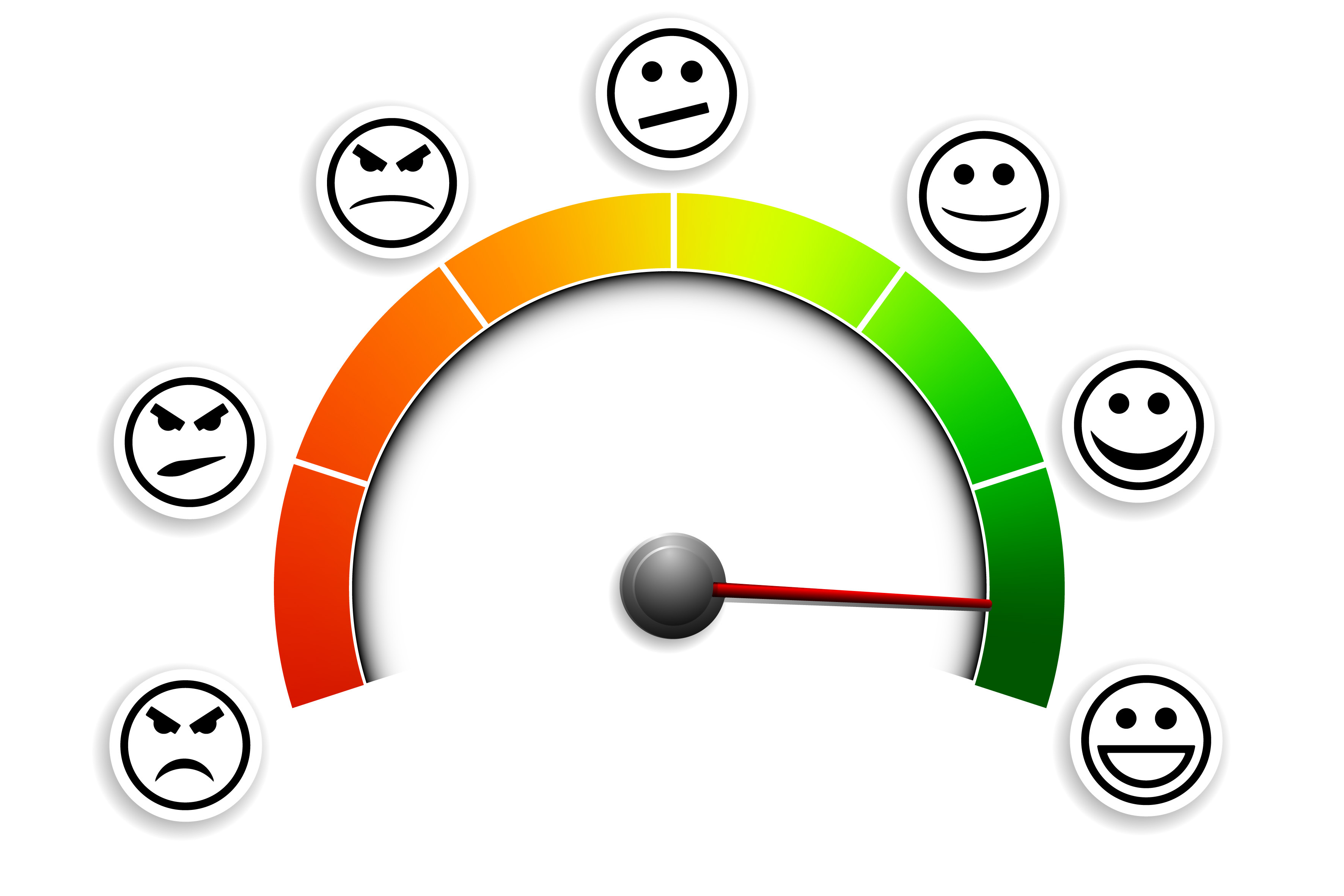In today's modern age of cell phones, iPads, and always-connected devices, the customers’ need to talk to a real person seems to be lessening. Customers can surf the web and read all manner of interesting literature about your products or services and in many cases, buy your products or services online without any human interaction.
However, from time to time something goes wrong – the color is not what the customer wanted or perhaps the product doesn’t perform as intended, and the customer needs to return it. Sooner or later, the customer will need to call someone and a recent study shows the need for highly-skilled contact center agents
When it comes to customer service, your contact center is the company's secret weapon and could mean the difference between a great experience and a poor one. Therefore, it is extremely important to ensure your contact center team is a top-shelf group of customer service professionals who can transform an on-the-fence customer into a champion for your company.
Read on to find out if your contact center has these areas covered.
1. Be Human: Show Emotion, Be Empathetic
Without a doubt, the #1 reason customers typically decide to call you is because they have a problem. Whether they need to complain about a product that's not working, they can't find the latest driver to install a new printer, or they simply have a question about their bill – sooner or later customers reach out to you. Too often, the customer experience doesn't factor in the human aspect of the interaction. Although we might think of customers as records with account numbers, it's critical that you make a human connection with the other person on the phone.
- Ask the customer how their day is going or the weather in their area. Ask anything that will bring down the imaginary veil separating you from the customer to make that human connection and build a relationship bridge.
- Empathize with the customer and show that you care. For example, tell them "I'm sorry you've had a bad experience with this product. We've tried very hard to ensure it meets your needs. Let me see what I can do to resolve the situation."
- Look for opportunities to provide something extra to make their day just a little better so the customer's experience changes from "I have a problem" to "I'm better off than I was before".
2. Educate your People
It's critical that your contact center team is educated about new products and services. They should be the first people to know what's been released so they can answer customer questions. Additionally, all contact center employees and managers should receive training on customer service skills, how to maximize the customer experience, and how to handle angry or upset customers with poise and grace.
3. Provide Access to Tools and Information
Sometimes the customer's experience has nothing to do with the knowledge of the contact center employee and everything to do with the lack of (or inadequate) tools. Whether that means systems to access customer information or tools to diagnose the customer's problem, it's paramount the agent has the right tools to do the best job they can. No one would dream of asking a mechanic to do car maintenance without a wrench, why then do we deny our contact center employees access to the tools they need?
4. Implement an Employee Rotation Program
An employee who understands how other parts of the organization work is one who can solve the customer's problem faster. In my experience, some of the best employees are ones who've spent time in other departments. A job shadowing arrangement where contact center employees can observe and learn from other groups can not only widen the employee's perspective but also improve retention, which is a continuous challenge for contact centers
By leveraging these ideas, your Contact center can be a competitive differentiator in today's marketplace.




